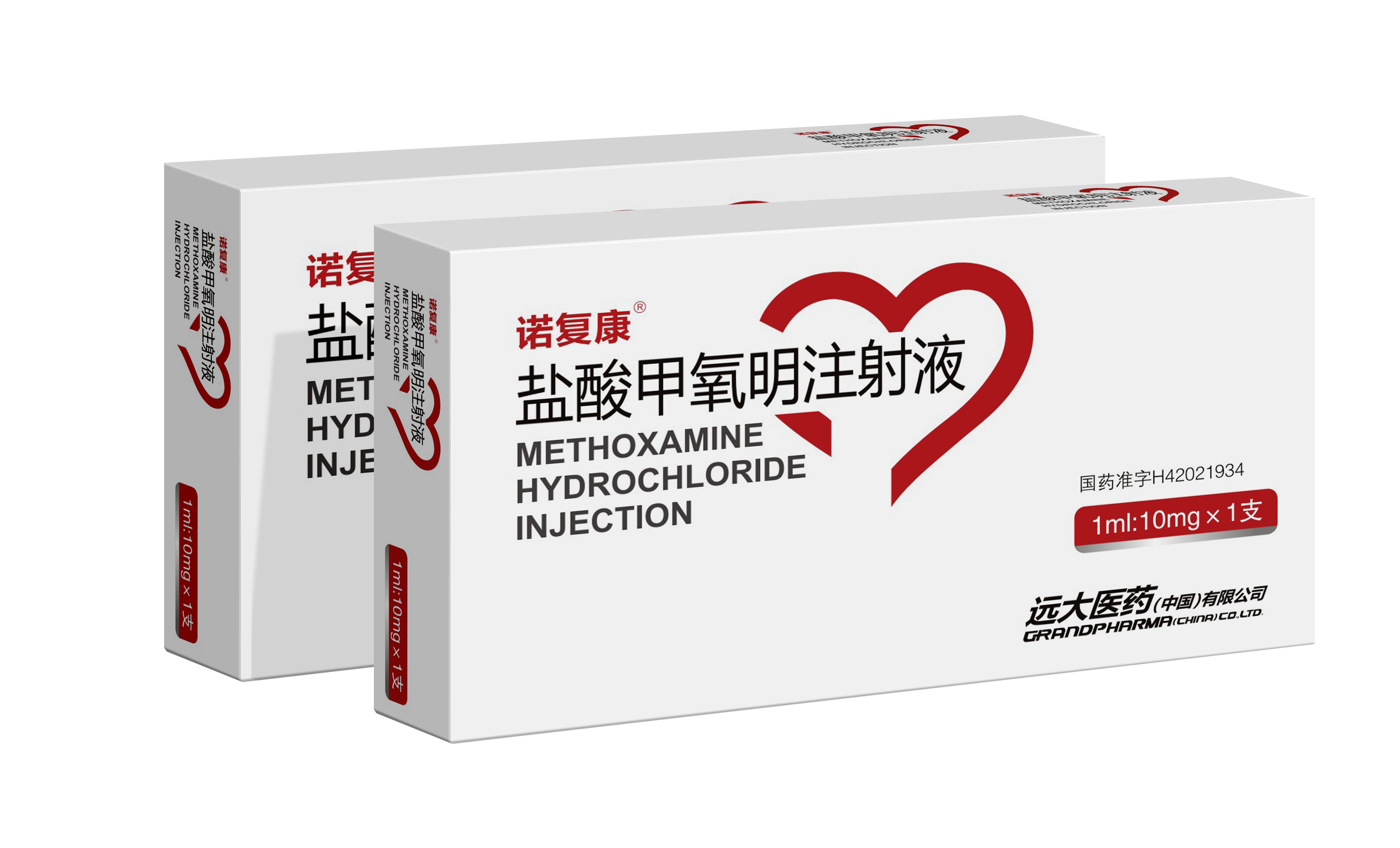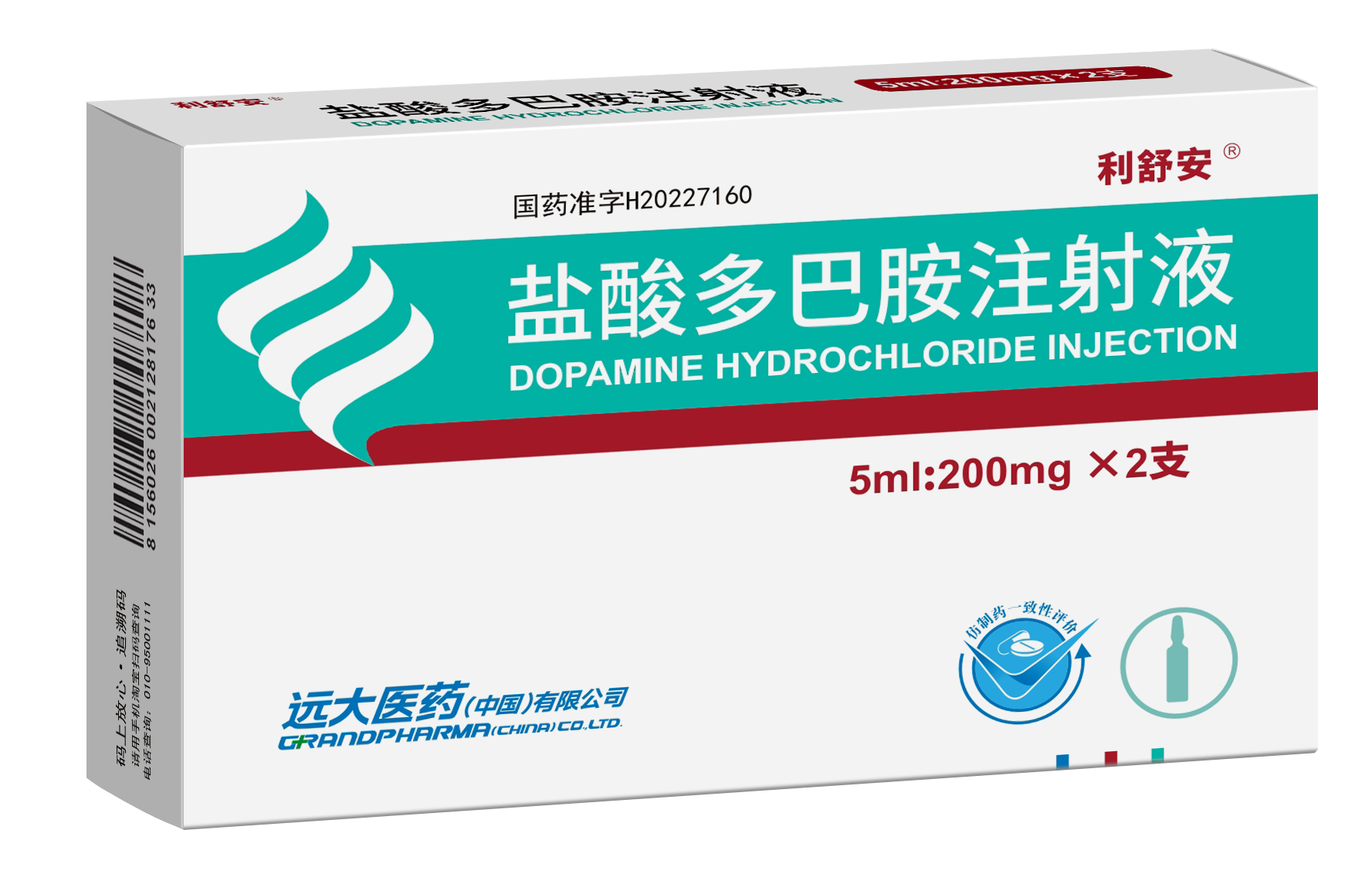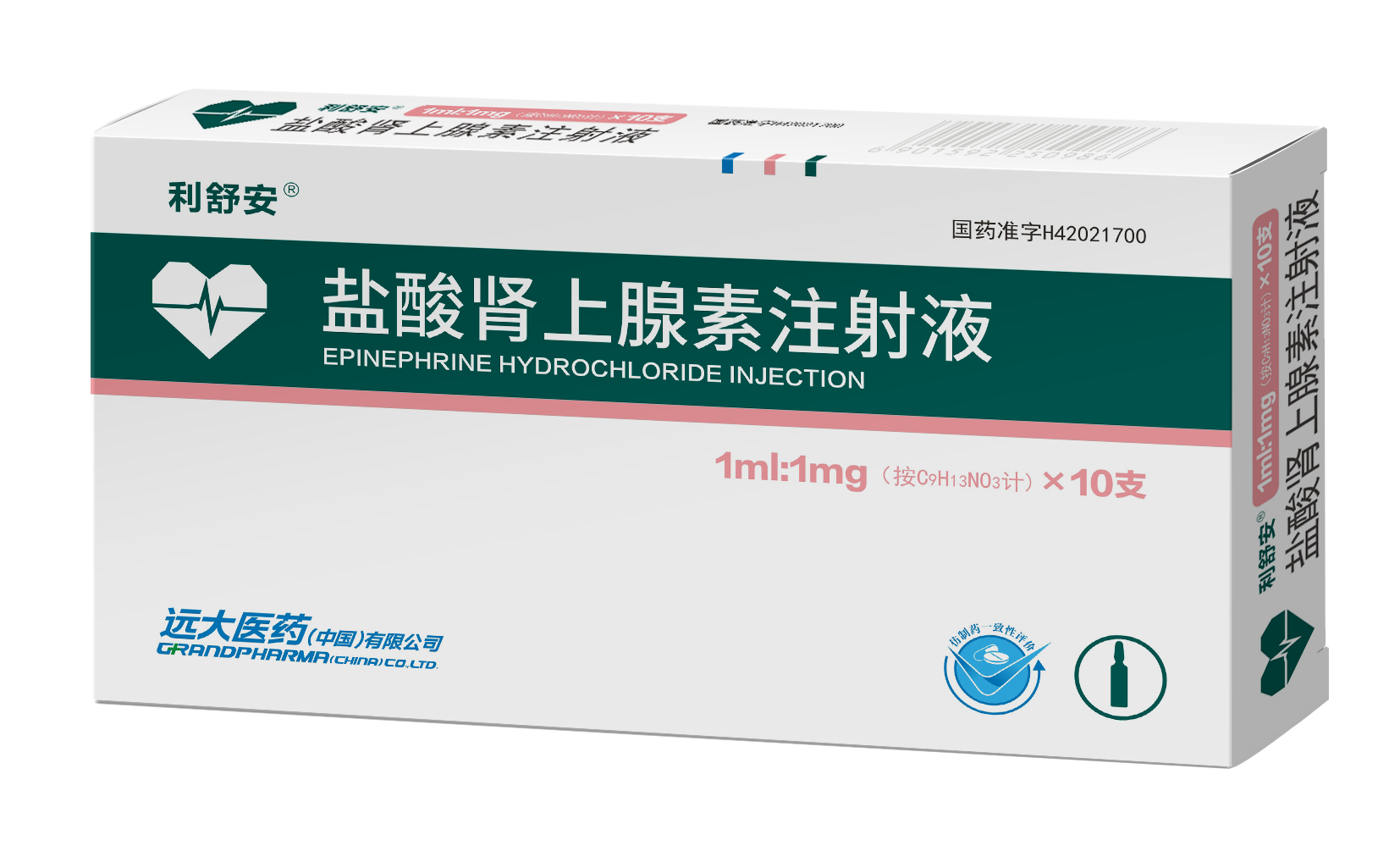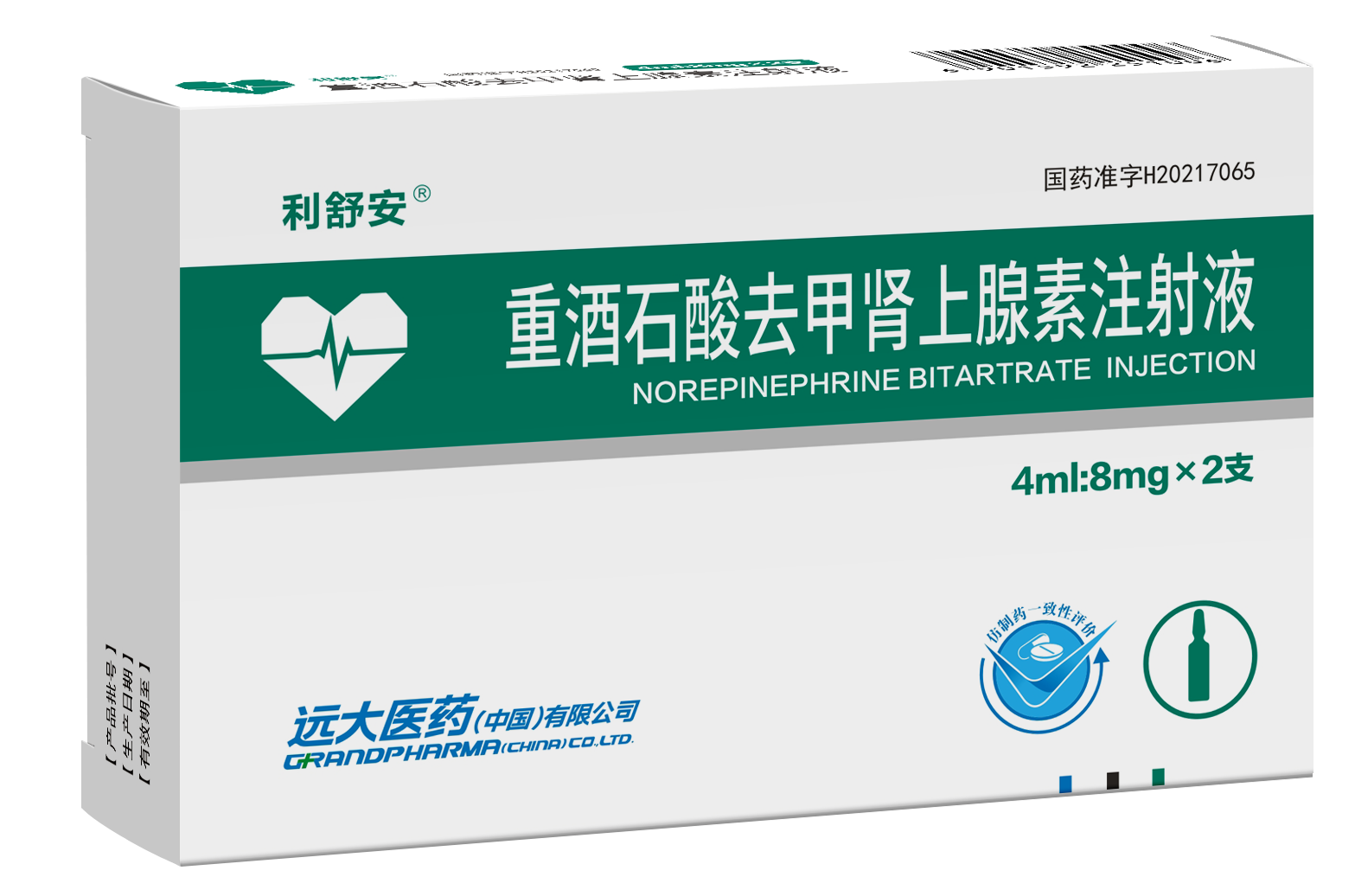Usage and Dosage: Common dosage for adults: Dilute dobutamine with 5% glucose injection or 0.9% sodium chloride injection, then administer it at a rate of 2.5-10 μg/kg per minute by intravenous drip. Doses below 15 μg/kg per minute basically would not affect the heart rate and peripheral vascular resistance; a dose of >15 μg/kg per minute can be occasionally used, but it should be noted that excessive doses may accelerate the heart rate and cause arrhythmia. Blood volume should be supplemented and corrected before administration. The concentration of the drug solution depends on the dosage and the liquid volume required for the patient. The treatment time and administration rate shall be adjusted according to the patient's therapeutic effect, which can be determined based on the patient’s heart rate, blood pressure, and urine output, and whether ectopic pulsation occurs. When possible, central venous pressure, pulmonary wedge pressure, and cardiac output shall be monitored.



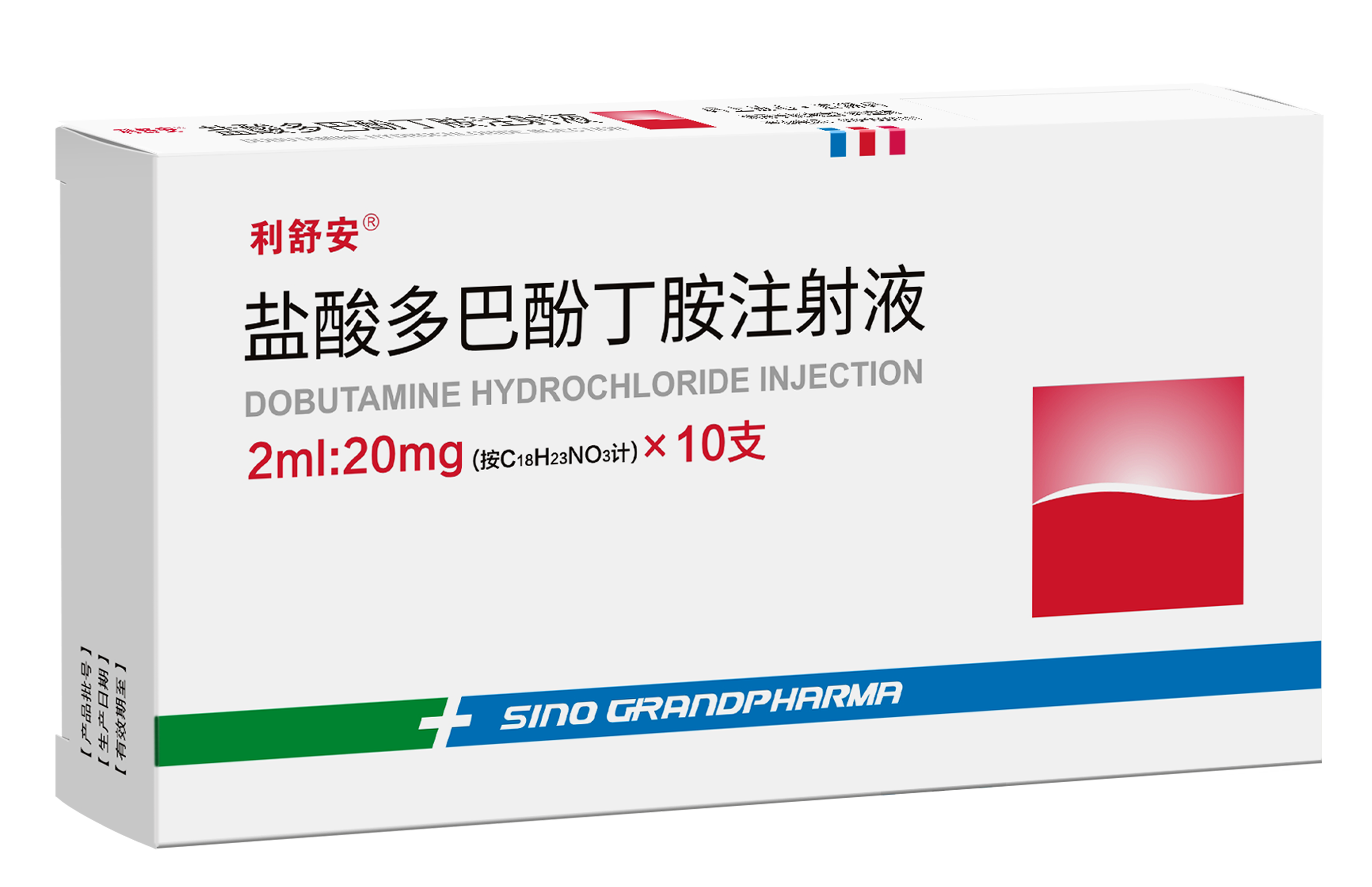
.png)
